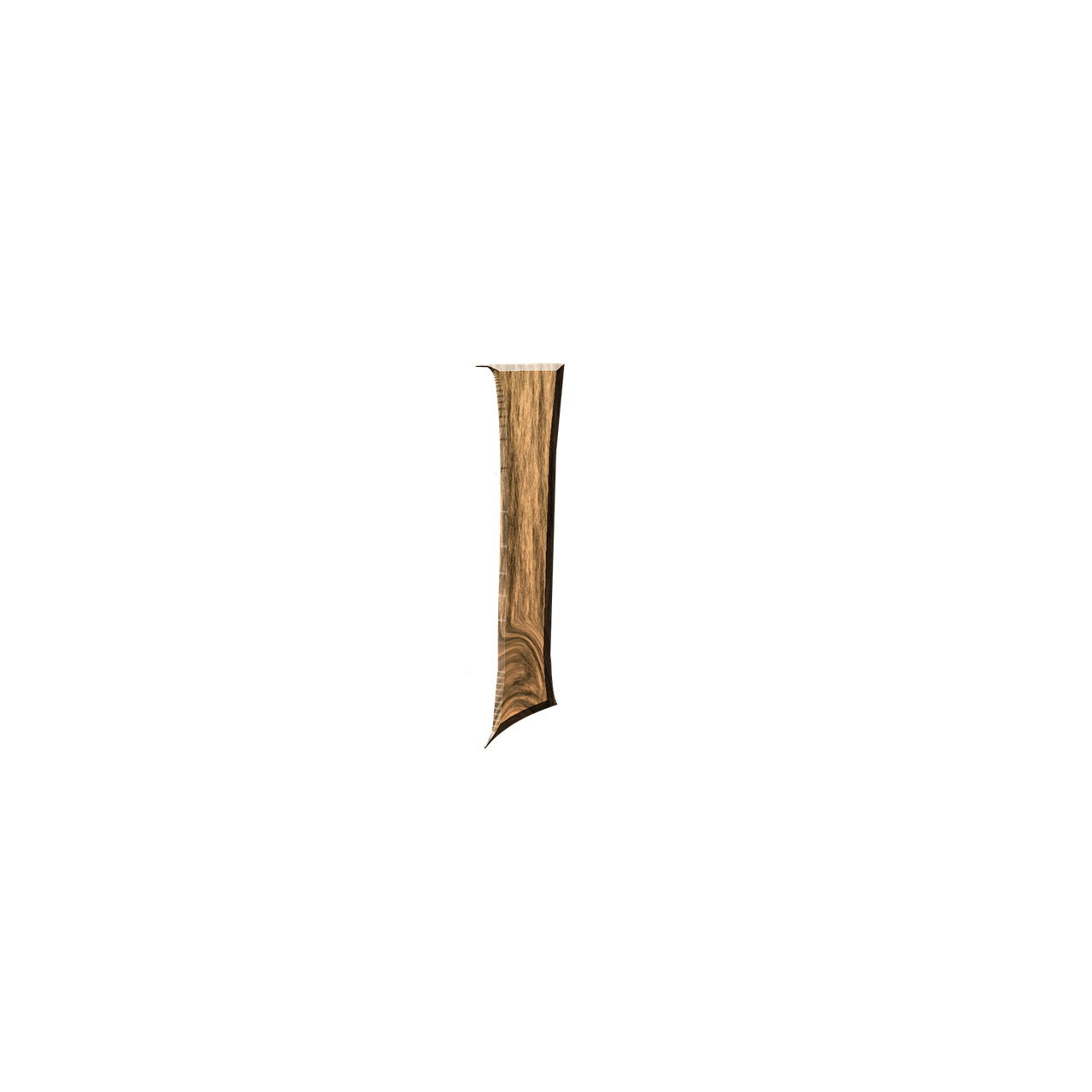- 1 Post
- 15 Comments
I’d answer that last question with a clear … no!
At least not in general.

 4·4 days ago
4·4 days agoIt was my pleasure! The article brought me too up do date. :)
Never heard of the SCP Foundation before … thanks!
*Stands still as a dead corpse*
Does petting corpses then, by any chance, start a …
If that center has already been there, when the asteroid hit the ground … I’m afraid that it still has been a bit too close for anybody to …
 22·6 days ago
22·6 days agoI don’t want them (to bee seen) at either of those places! Maybe a hidden body camera would suffice as well?
To the introduction:
I want to add to “Unlike material wealth, the knowledge gained from books grows over time and shapes one’s character and outlook on life” that the wealth of knowledge even grows when shared and therefore forms a society in which people more likely ally with each other, rather than to compete
withagainst each other!About the Journey to Knowledge:
Yes, that sounds quite familiar, only that I read less and less as I grew older, because live did’t allow me that luxury as it has done in my youth.
About literature as a mentor:
I totally agree!
To the Importance of native literature:
Yes, one should know where one comes from, should know ones own roots … but it is, I think, far more important to understand the foreigners roots and ways of thinking nearly as good as ones own! For only then one can break down the walls between the so called “them” and the so called “us”! Sunzu wrote in the 3rd chapter about attack by stratagem in his book “the art of war”, that “If you know the enemy and know yourself, you need not fear the result of a hundred battles. If you know yourself but not the enemy, for every victory gained you will also suffer a defeat. If you know neither the enemy nor yourself, you will succumb in every battle.” And that, I think, is a lesson, not only valuable in conflict and war. So that if you change “enemy” with “counterpart” and “battle” with “interaction” …
I think it wise to read as many foreign books (in their native tongue, when- and wherever possible … as well, as those of ones own tongue).
And to reading as a lifelong companion:
Yes, just yes!!
About the battle against cultural degradation:
Here, for the first time, I totally disagree. Why? Those languages that are well preserved and unchangable, old greek, latin, etc. are also called “dead languages” (at least in my tongue) for some reason, I think. Language is a living and ever changing thing. If you look far enough backwards, you might even realise that many of your precious native term might have come from a, back then, foreign source!
I nevertheless would like to share your wish to stand up against the cultural degradation of ones language, but in a slightly different way. For better understanding: If an artist lets paint drop from atop on an blanc canvas, names it, for example “a rainbow pouring down” and sells it for more money, then I earn in a living, then that might be art, if — and only if — he does it, whilst being fully capable of reproducing da Vincis Mona Lisa or Kandinskys blue rider. Meaning, the artist has to know and understand and be able to produce art, requiring highly refined skills. Then, and only they, droplets of paint on an otherwise empty canvas might count as art (in my book). It is the same with language and literature, I think. One need to be firm in ones language. Then, I think it alright or even something to welcome, if foreign phrases or “incorrect used” language is used and literature with such even produced. For language, in my understanding is something living,which grows, and changes, as the culture, society, the people changes as well … over the decades.
…
Question: Please share the last book that impressed you.
Educated, by Tara Westover
It could be our forever home.
If that system really is that old, the chances that life already flourishes there might be higher even than for our own world (statistically spoken), despite the fact that the planets might be tidally locked to their star!?

 2·7 days ago
2·7 days agoFairer Einwand!

 5·7 days ago
5·7 days agoIm Prinzip stimme ich deiner Antwort zu. Einzig …
[…] oder ob sich das zum anti-sozialen Verhalten zuspitzt








Why … are they final? 😵